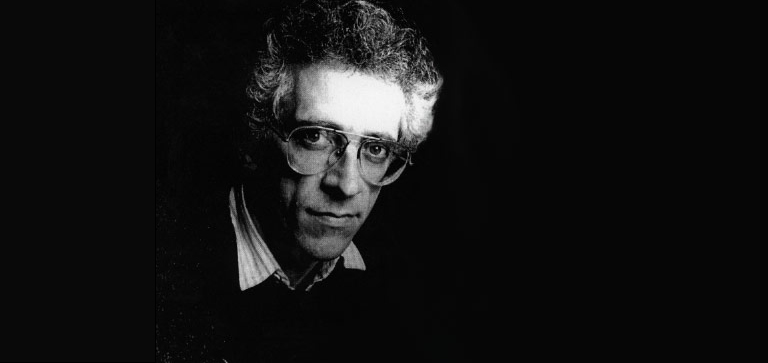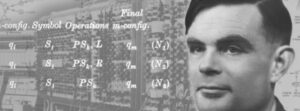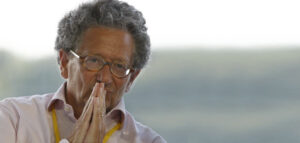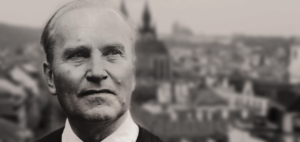Tzvetan Todorov was born, as he puts it, at the worst time of the 20th century in communist Bulgaria: “the year that the pact between Germany and the Soviet Union was made, that (…) Stalin and Hitler shook each other’s hand.”. In 1963 he flees communism and settles in Paris, but totalitarian society will continue to be one of his major political themes.
Todorov develops into an engaged intellectual and humanist, who puts personal experience at the center of his work. He writes in an unmistakable literary and personal style about multiculturality (Nous et les Autres, 1989), about racism (Face 1a l’extrême, 1991), humanism (De onvoltooide tuin, 1998), and the totalitarian violence of communism and fascism (Herinnering aan het kwaad, bekoring van het goede, 2000).
“Todorov succeeds in bringing the big normative issues of our time – totalitarianism, racism, violence, terrorism, oppression and worlds estrangement, but also responsibility, citizenship, resistance, vulnerability and the innovative power of individual action – to our attention in a striking manner by finding his departure point within the individual life story.” (quote from the jury report)





